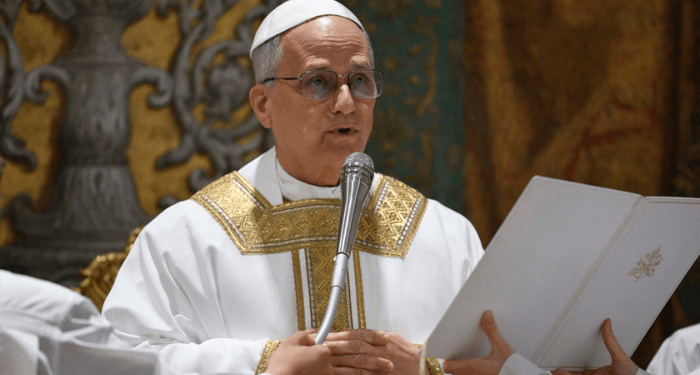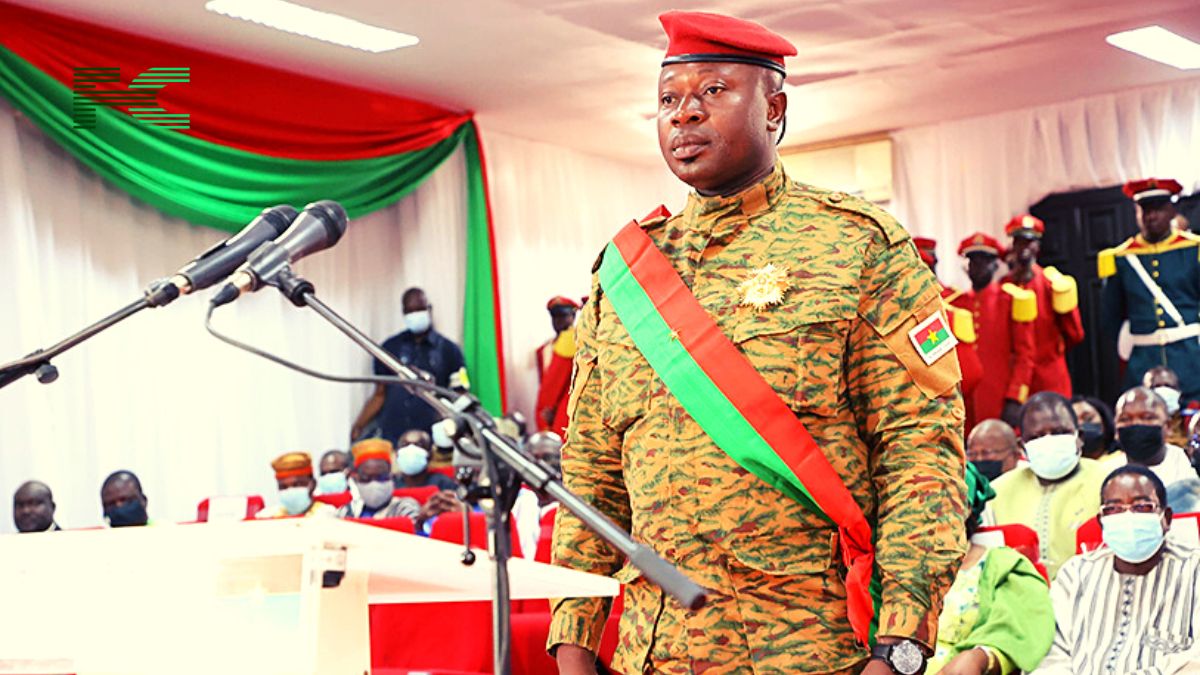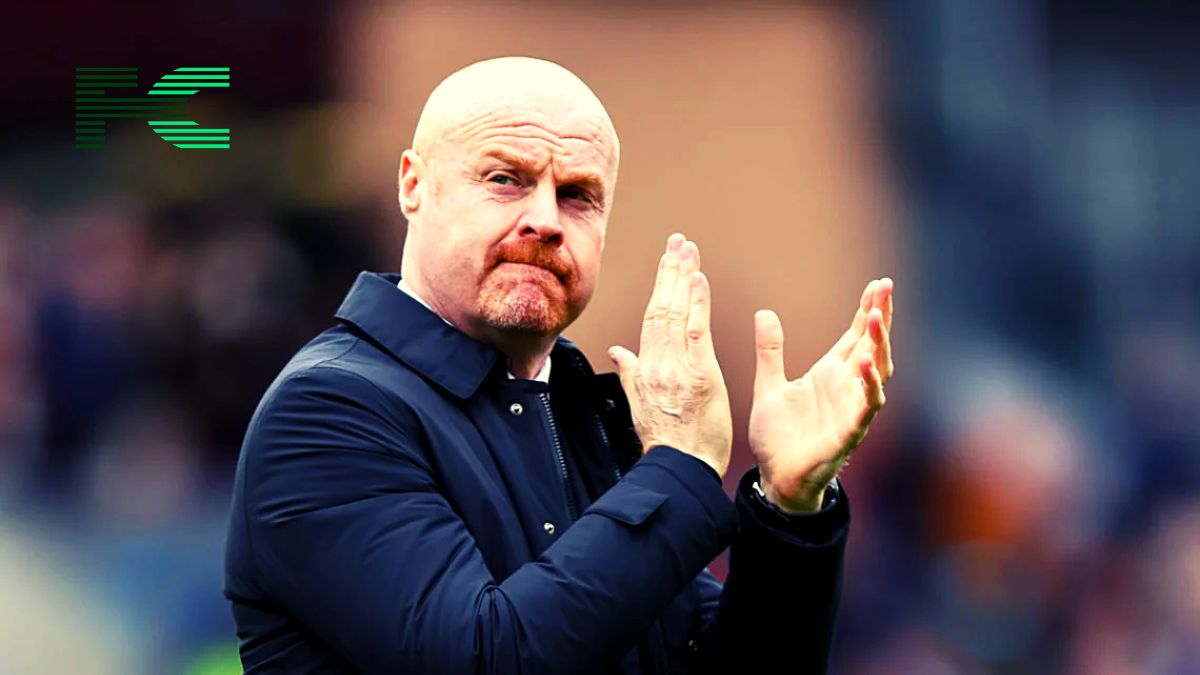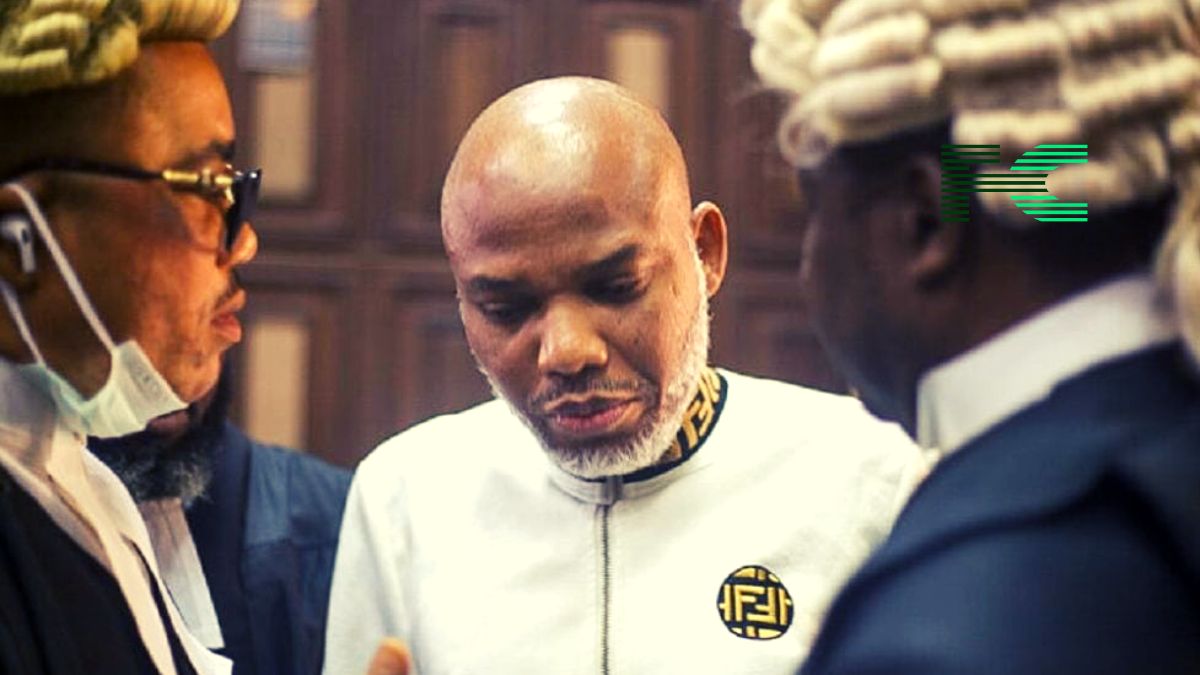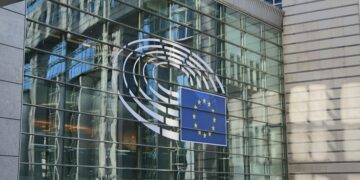Pope Leo, the newly elected successor to Pope Francis, delivered a forceful warning about artificial intelligence risks during his inaugural address to world leaders at the 2025 Roman Catholic Jubilee. Speaking before Italian Prime Minister Giorgia Meloni and delegates from 68 nations, the pontiff identified youth vulnerability and human dignity erosion as primary concerns in the AI revolution.
In his most extensive remarks since ascending to the papacy, Leo criticized the “soulless efficiency” of machine systems, contrasting them with human creativity and moral reasoning. The address marked a continuation of his predecessor’s tech ethics advocacy, now amplified by the new pope’s background in social theology. Prime Minister Meloni immediately pledged to incorporate the pontiff’s guidance into Italy’s G7 AI governance initiative stating her government would prioritize human-centered tech policies aligned with the Vatican’s vision.

The Global Reactions to Papal Tech Manifesto
Policy experts note the timing coincides with critical UN AI treaty negotiations, where the Vatican now wields unexpected influence. The European Commission’s digital chief confirmed plans to consult the pontifical academies on AI regulation frameworks, while Silicon Valley executives face mounting pressure to address the moral concerns raised.
With Catholic universities worldwide launching tech ethics programs, Pope Leo’s early focus on digital humanism suggests the Church intends to shape 21st century technological development through its 2,000-year moral tradition.

